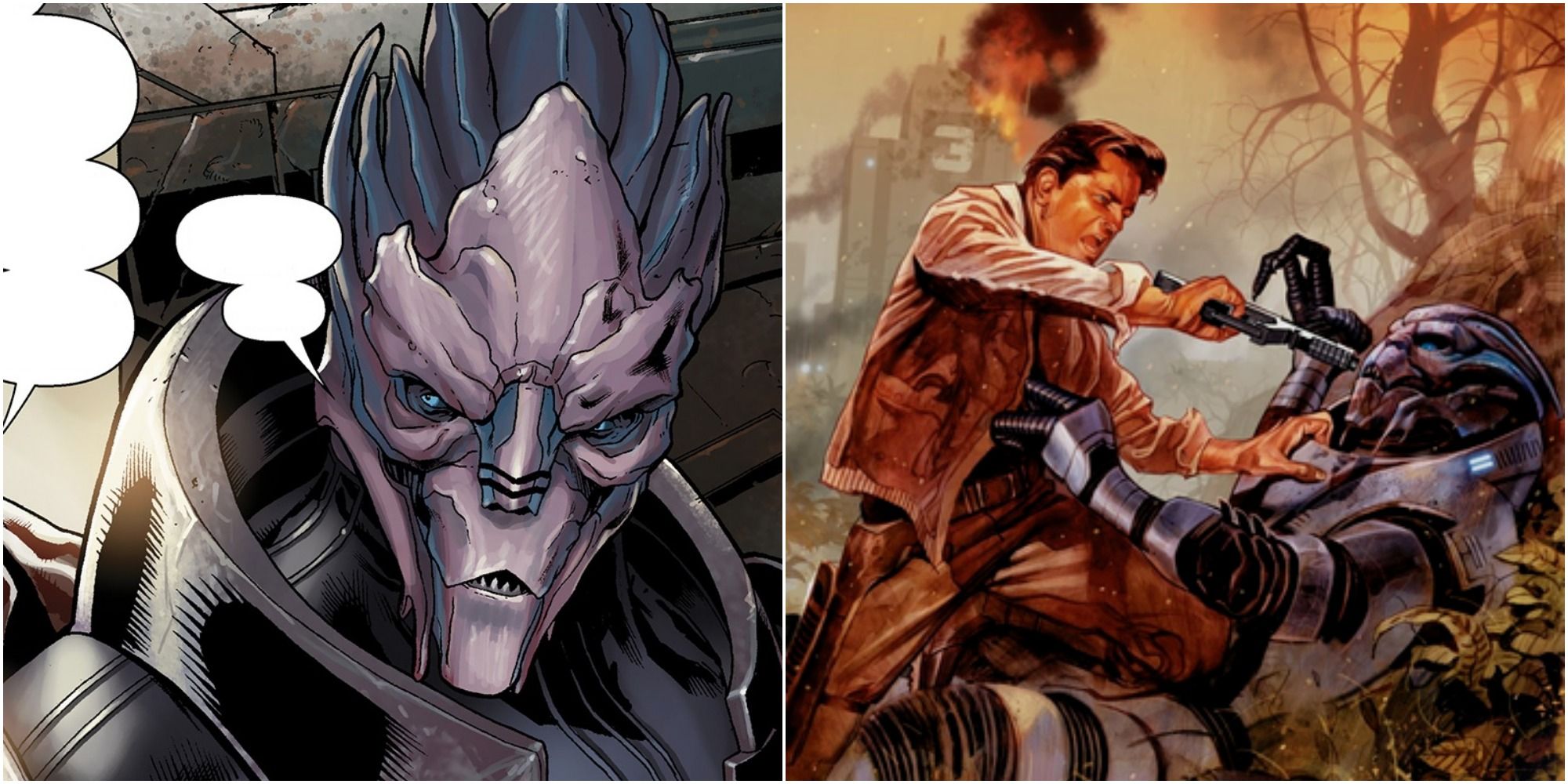


It’s possible the novel was green-lit too late into development to fully acknowledge or that Mass Effect 3’s own rewrites had a hand in matters, but whatever the case, there’s not much connective tissue. Other characters who had been limited to the books like Kahlee Sanders are integrated into Mass Effect 3 but similarly avoid referencing Deception in lieu of previous works. Kai Leng’s role as the Illusive Man’s right hand is a key part of Mass Effect 3, but how he gets there is left conveniently in the dark. What’s telling is how this seems to have been the case long before the book was published, as even its role as a tie-in novel is tenuous at best. Regardless, the resulting novel is effectively regarded as non-canon by the greater Mass Effect universe as of this writing. It’s possible there simply wasn’t enough time afforded, or the right resources weren’t available. Given that Mass Effect: Deception was written in parallel with the then much-anticipated Mass Effect 3, there’s potentially a variety of factors that played into Dietz’s derided novel. The list goes on, literally, for over 15 pages. The Turian homeworld of Palaven, one of the most militarized societies in the galaxy, is somehow easily raided by Batarian slavers.

The indomitable Krogan are suddenly vulnerable to a mere backstab even though their sheer hide and muscles would never allow it.

Volus speak unlike their kind have in any previous story. Batarians, an isolationist slaver race, suddenly were embedded in society, permitting humans on their worlds, and have an active embassy on the Citadel. You can understand fans’ surprise when, upon opening the epic conclusion to a parallel years-long saga to the main series, they were met with glaring inaccuracies. Dietz, a man of considerable experience in the realm of tie-in novels, particularly with the Halo and Resistance series. However, those were all written by the original scribe, Drew Karpyshyn, who had parted ways with developer BioWare after his work on Mass Effect 2. The preceding trilogy of novels had delved deep into many questions diehard Mass Effect fans were yearning to have answered, like the falling out between Saren and Admiral Anderson and the Quarian people’s aversion to Cerberus. Such was the case of the Mass Effect trilogy’s last tie-in novel, Mass Effect: Deception.ĭeception was a big deal at the time. Yet rarely is a work of tie-in media so thoroughly ripped to pieces that there’s effectively a recall and decanonization. With dozens, if not hundreds, of people working on the biggest properties, it’s not unusual to find a few missteps. Lore discrepancies aren’t anything unusual in extended works of fiction.


 0 kommentar(er)
0 kommentar(er)
